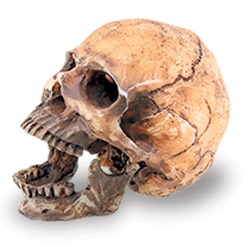|
REGISTRATION REQUIRED
TRAVEL TIPS
FROM APPS TO ZZZs:
A Guide to Staying
Healthy on The Road
Business travel increases everything from body
mass index to the blues. Here health and wellness
experts teach you how to keep from feeling like
roadkill on your road trip. By Charles Pappas
Here's something you're
not going to want to hear: Exhibit and event professionals age faster than people outside the face-to-face marketing
industry. But it's not just the
wear and tear of an admittedly
stressful occupation
that demands you view the
world as one big Plan B
waiting to pounce. The medical culprit behind this phenomenon would never stymie the medical sleuths of “House” or even the goofballs of “Scrubs.” In fact, it's fairly straight forward: According to Scott Cohen, professor of tourism and transport and school director of research at the University of Surrey, disruption of your sleep-wake cycle and circadian rhythms stresses your system. A slew of scientific studies backs this up, especially in academic periodicals such as the “Journal of Travel Medicine” and “Travel Medicine and Infectious Disease.” The research linked frequent business travel to not only accelerated aging, but also an increase in the probability of suffering a stroke, heart attack, and deep-vein thrombosis (the latter occurs when blood clots block blood vessels or the heart). Moreover, Cohen asserts that the jet lag and general tiredness you experience running to and from airports “can even switch off genes that are linked to the immune system.” This means your ability to fend off the sundry bugs and viruses encountered in crowded airports, cramped airplanes, and jam-packed convention centers is reduced, adding yet another tier to this layer cake of stress.
A Slew of Research on the Health
Effects of Business Travel A multitude of studies on the health effects of travel show that disruption of your sleep-wake cycle, stress, and general tiredness wreak havoc on your body and mind.  
Research has linked business
travel to an increase in the
chance of suffering from a stroke.

One expert says that general
tiredness from running back
and forth to airports can
switch off genes linked to the
immune system. That means
you're less able to fight off the
viruses you encounter on an
over-crowded flight.

Research shows that
most people who
frequently travel for
work experience a
variety of mental
ailments, like anxiety.
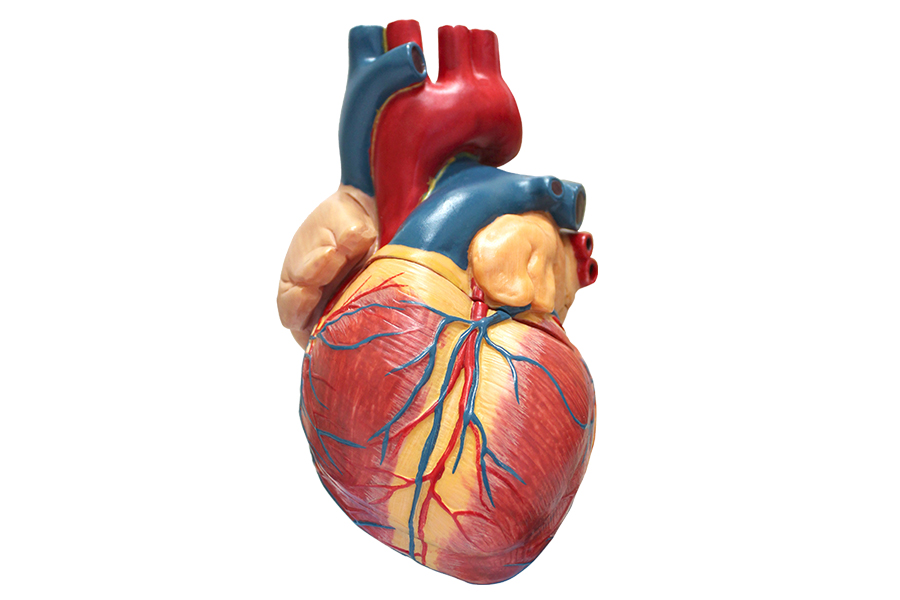
Scientific studies show
that traveling often
for work is tough on
the heart. And not
just because you miss
your family. Frequent
business travelers are
more likely than desk
jockeys to suffer from
a heart attack.
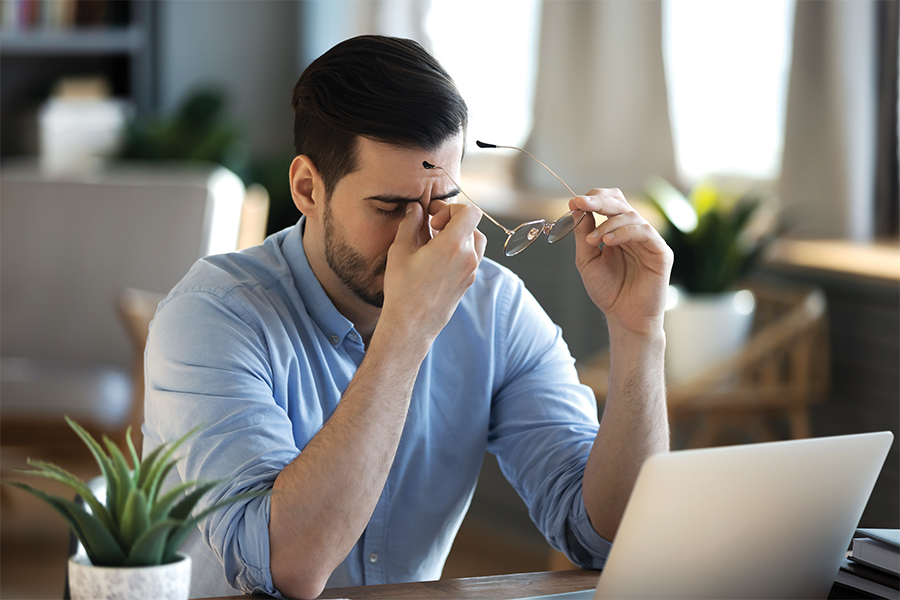
Tiredness caused
by the road warrior
lifestyle can lead to
memory impairment.
And that's the last
thing you want when
traveling for an
important event.
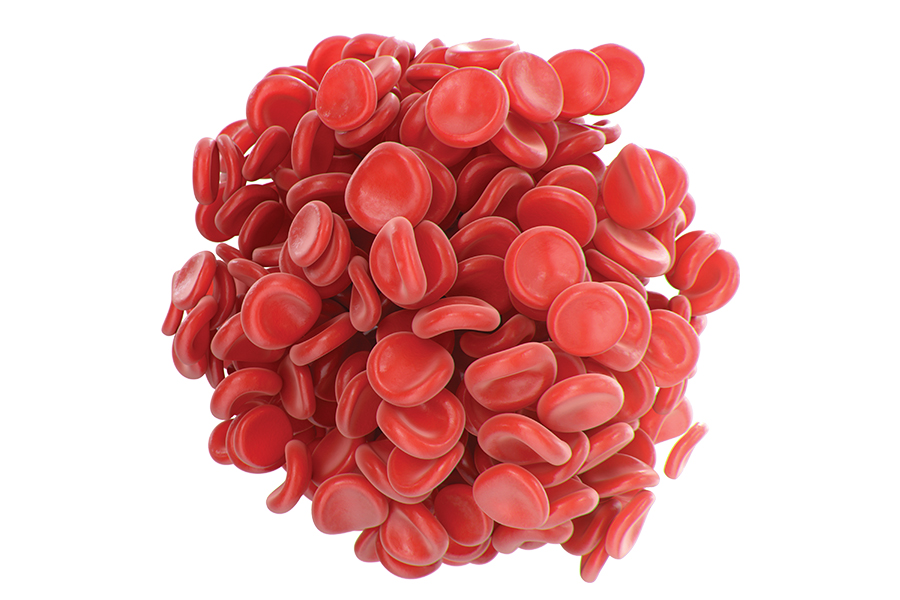
Deep vein thrombosis is a
blood clot in a deep vein,
typically one in the leg.
They can sometimes
form during air travel
because of lengthy
periods of immobility
in a cramped space.
Here's something else you're not going to want to hear: The problem is much worse than experiencing premature crow's feet and suffering a nasty travel bug or other physical ailments. A survey done by Opinium Research found that most business trips (unlike those beach vacations in Cancun or honeymoons in Paris) are about as mentally relaxing as seats in economy are for plus-size fliers. To put it bluntly, business travelers are practically why Xanax was invented, because Opinium found most of the members of this always-on-the-go group suffer from a variety of mental ailments, including exhaustion (32 percent), stress (30 percent), and anxiety (28 percent). It's not hard to see why these occur with such frequency when you tally up the grinding stressors of endless security lines, unfamiliar surroundings, technical glitches, weather delays, and long hours. The chronic jet lag that often accompanies frequent flying, Cohen notes, can even cause memory impairment, aggravating all of these problems even more. What's the solution? Giving up all travel and limiting your marketing tactics to the “Hollywood Squares”-like world of Zoom isn't a realistic option in our post-COVID, return-to-normalcy work world. So with the help of several experts on business travel and health, we've gathered a menagerie of effective fixes that may not turn back the clock, but will help you keep your body healthy and your soul in shape. Stay GroundedThe common denominator for many of these ailments is flying. Cohen suggests frequent business travelers take advantage of alternate means of getting from point A to point B, such as hopping a train instead of flying. While this tip may apply more to those who live in the eastern corridor of the United States or in train-friendly Europe, his prescription has several advantages. Ground travel might be substantially less stressful with its lack of needing to arrive at an airport hours early and navigating long security lines, and the frustration that comes with potential weather delays, uncomfortable seating, and dry air. “If you must fly,” Cohen says, “take direct flights instead of connecting ones when possible since connections will only add to your exhaustion.”
Friends and Family Plan Turns out one of the most overlooked aspects of frequent business travel is the isolation that you lug around every bit as much as a carry-on. We asked Dr. Mark Fischer, regional medical director at International SOS, which specializes in providing travel-focused medical services, health assistance, and security, for guidance on how to stay in touch. 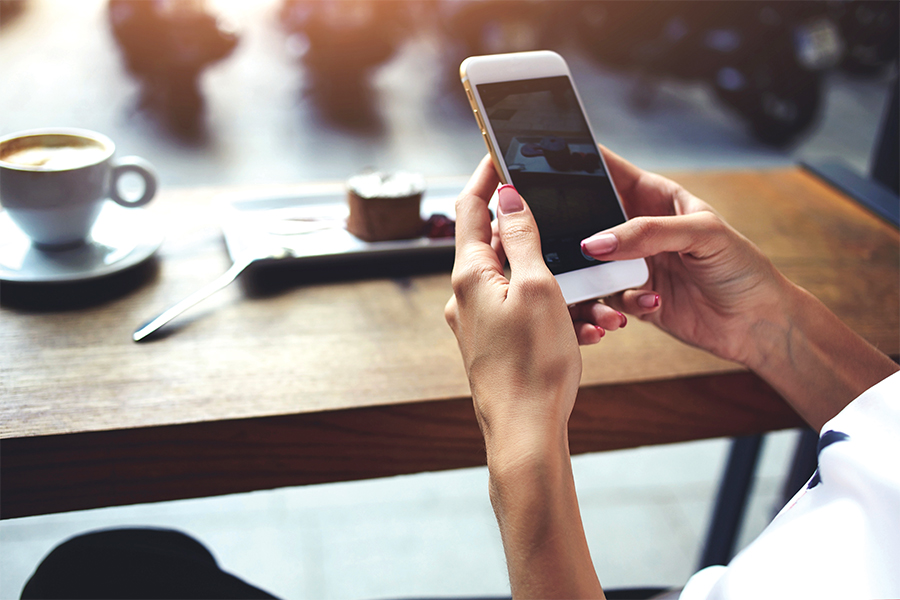 STAY CONNECTED
STAY CONNECTEDMake an effort to stay in touch with friends, family, and colleagues through phone calls, video chats, or messaging apps. Regular communication can help to alleviate those feelings of loneliness. 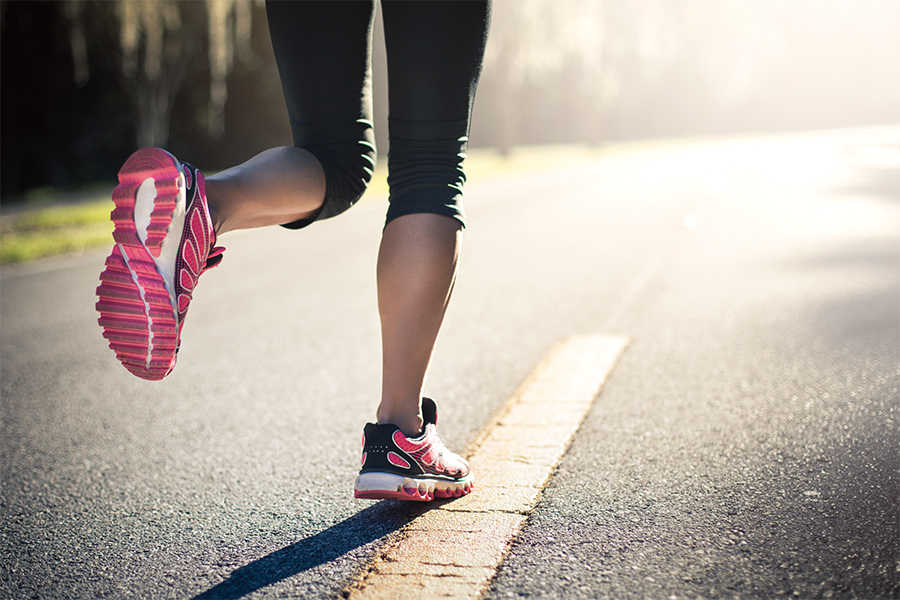 STAY ACTIVE
STAY ACTIVEExercise to boost your mood and combat loneliness. Take advantage of the hotel gym, go for a jog outdoors, or try a local fitness class. Your hotel can provide recommendations. 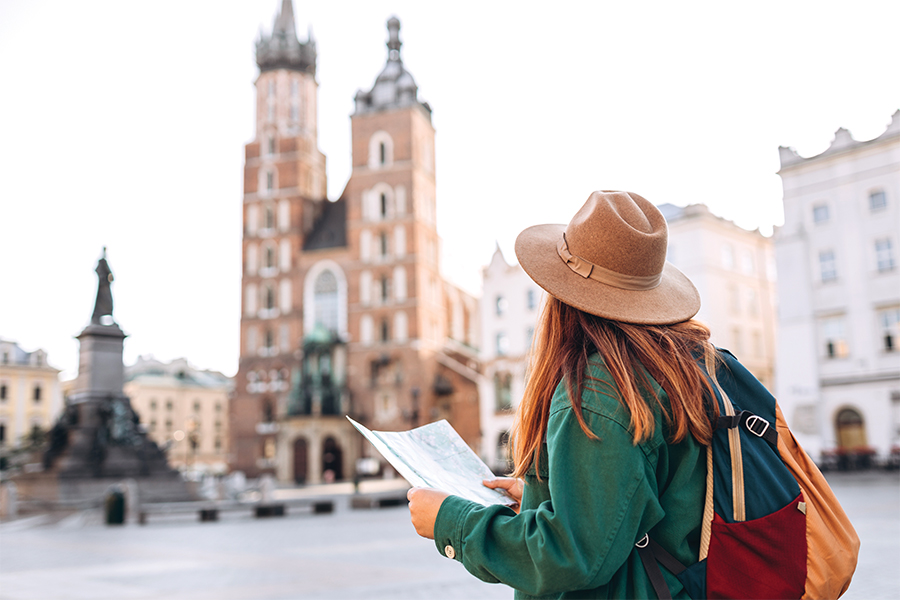 EXPLORE THE AREA
EXPLORE THE AREATake advantage of your surroundings by exploring nearby attractions, parks, restaurants, and cultural sites. Engaging in activities can distract from feeling isolated and provide opportunities to meet new people. 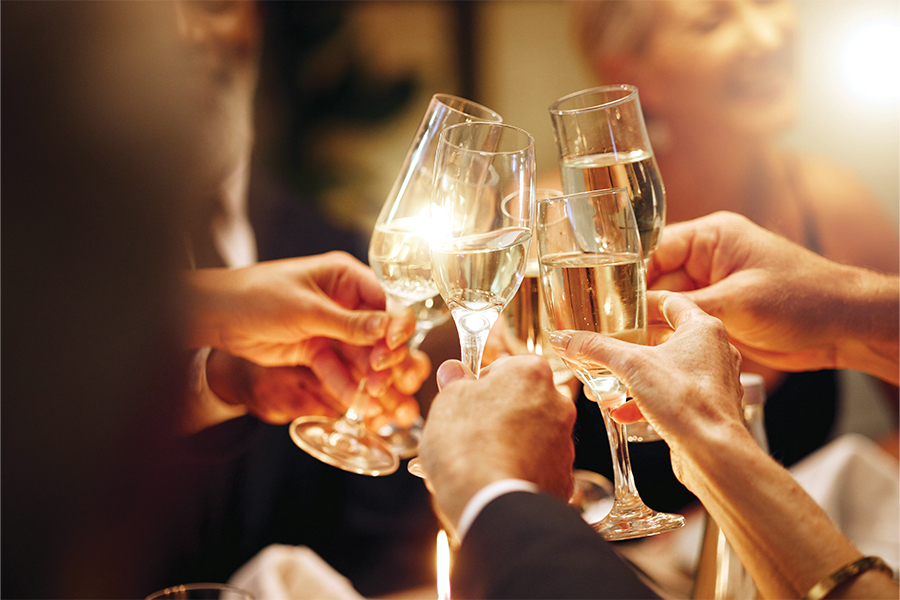 CONNECT WITH COLLEAGUES
CONNECT WITH COLLEAGUESArrange to meet traveling colleagues for meals, to explore the area together, or simply to spend time chatting and sharing ideas. Sharing experiences can make the trip feel less isolating.  JOIN NETWORKING EVENTS
JOIN NETWORKING EVENTSAttend some industry networking events. These gatherings offer professional development opportunities and provide a chance to connect with like-minded individuals and expand your social network. Jet Lag Is a Drag
Also known as “time zone change syndrome” or “desynchronosis,” jet lag is the bane of business travelers trying to stay sharp and rested while they're on the road. The phenomenon occurs when your body has to eat, sleep, wake up, and work at different times than when it's used to, putting the brain cells regulating circadian rhythms out of sync with the time zone you're in. The catchy, benign-sounding term itself — “jet lag” — masks the fact it can lead to severe trouble sleeping, worsening the already diminishing effect it has on mental and physical performance. 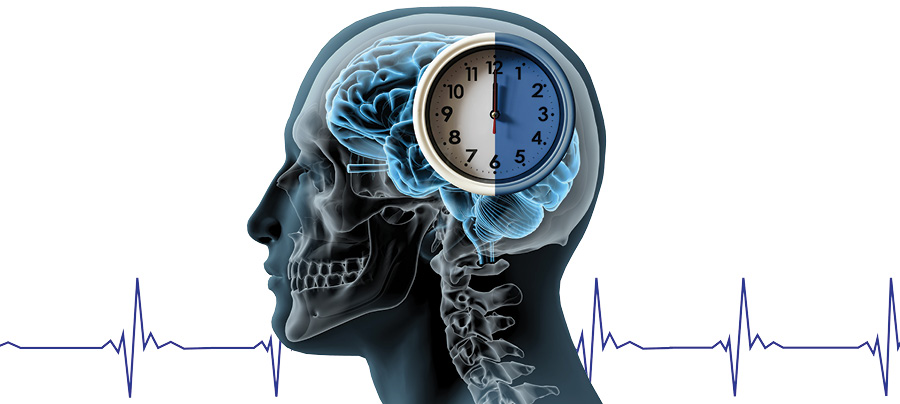
The more time zones you cross, the harder jet lag will likely hit you, especially when it comes to getting sufficient ZZZs. Age may bring wisdom, but it also brings more difficulty with jet lag: The older you are, the more likely it is you'll suffer from jet lag and the harder it will be to return to your normal sleep schedule when you're at home. To beat jet lag, you have to anticipate it. One trick is steadily shifting your body clock to your destination time zone before flying out. For example, if you were flying from Boston to Los Angeles, which is three hours ahead of Eastern Standard Time, you should start going to bed an hour earlier every day for several days before you leave. That advice may be tougher if you were jetting from Chicago to Paris with its six-hour difference, since moving your bedtime from the hypothetical 11 p.m. to 5 p.m. would be problematic (unless you're the early-bird special type). Still, you can likely progress to getting to bed at least two or three hours earlier before you board that flight, making you much more able to adjust quickly once you arrive in the City of Lights.
Pack It In Pack your carry-on thoughtfully so that it's full of the tools you'll need to combat the stress and exhaustion that comes hand-in-hand with travel. Below are a few things that we never leave home without. 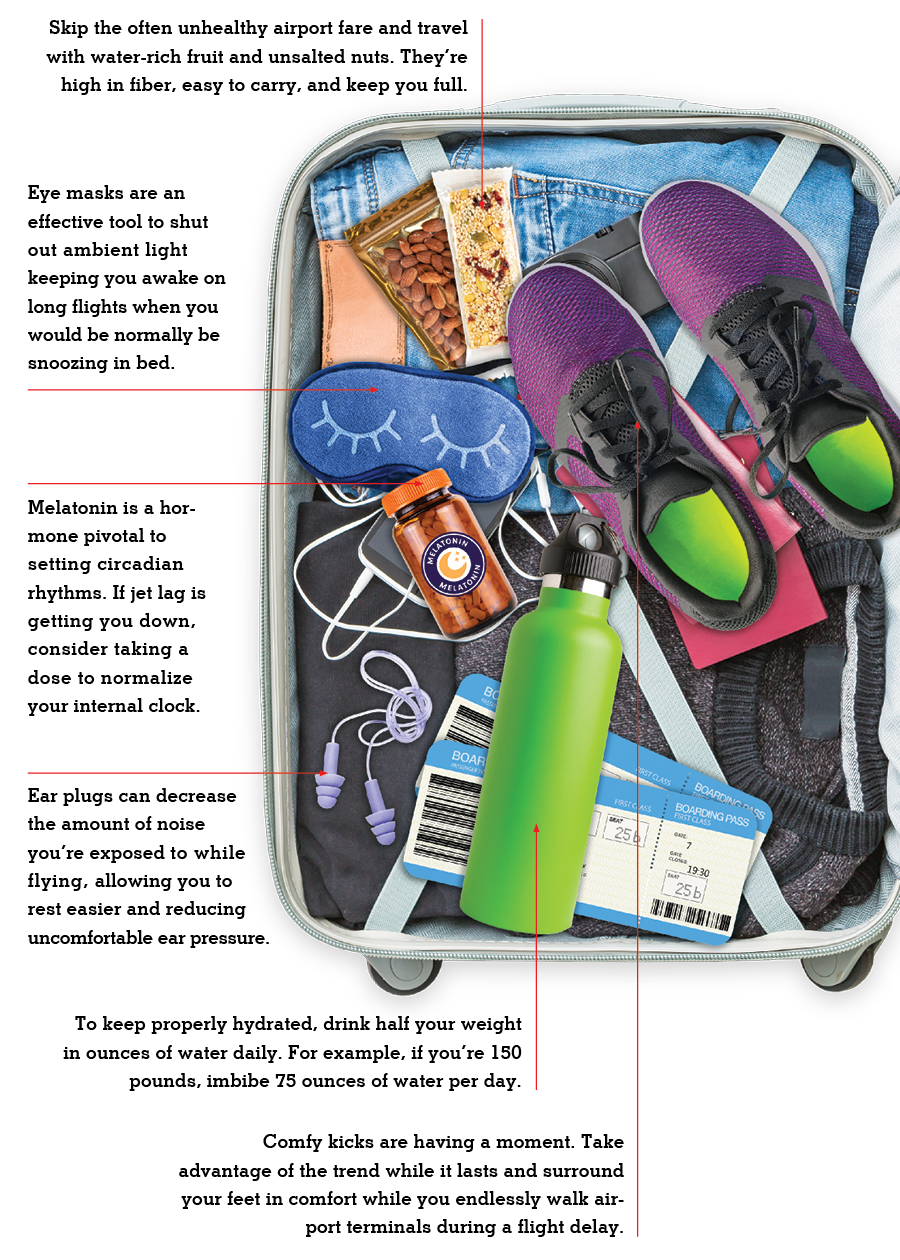
If You Snooze, You Win The key to beating jet lag, plainly, is getting enough sleep. If it seems like you spend your nights on the road tossing and turning when you should be snoring, however, you're not imagining things. Studies that were compiled by travel-payment-services company AirPlus International found that business travelers average 21 fewer minutes of sleep per night compared to non-business travelers. The effects of this sleep deprivation snowball, leading to a 12-percent decline in how fast they can recover from any stressful situation encountered on the road, which lowers productivity and increases the risk of illness and disease. Add Dr. Neil Slabbert's suggestion to your itinerary. “Set your watch to your destination time when you arrive at the airport,” says Slabbert, the regional chief medical officer-Asia-Pacific for World Travel Protection, a travel risk management service, “and time your sleep and naps accordingly. Try to use an eye mask and ear plugs when sleeping.” Lastly, “Avoid alcohol and caffeinated drinks starting a few hours before bedtime,” he says, “and try to follow your usual bedtime routines from home.” Another tool to think about using is melatonin, the hormone that plays a starring role in setting the body's circadian rhythm. Once your eyes perceive onsetting darkness after sunset, your hypothalamus knows it's time to begin releasing melatonin, which promotes sleep. While currently there is no set-in-stone recommended dose for melatonin supplements, the Icahn School of Medicine at Mount Sinai Hospital advises a 0.5 mg to 5 mg dose of melatonin one hour prior to bedtime at your travel destination, which should be enough to convince your brain and body that it's time to hit the proverbial hay. If that doesn't ease you into the arms of Morpheus, they then recommend 1 mg to 5 mg one hour before bedtime for two days before you depart on that business trip, and for two to three days upon arrival. Drink and ThriveNow, when we advocate drinking, we mean less Harvey Wallbanger and more H2O. Flying is an inherent vector for disease with passengers sitting as close as eggs in a carton. An airplane cabin is a microclimate of recirculated, dry air, and you're in close contact for several hours with people who could have anything from a common cold to COVID. 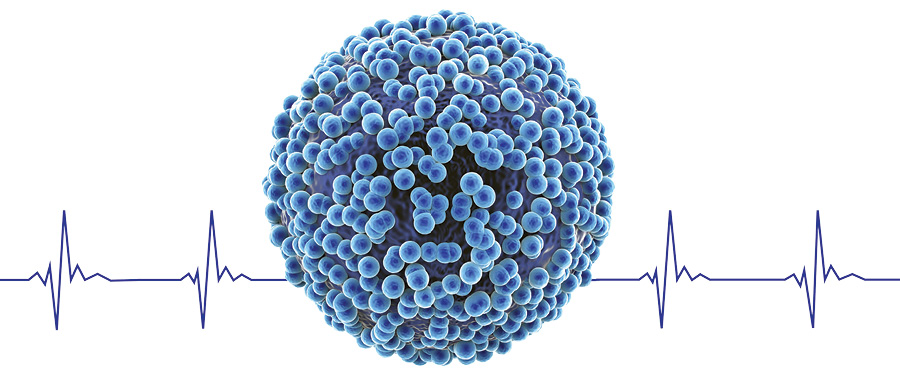
Although you can't control the air or your fellow passengers' health (or the lack thereof), you can at least take one preventive measure: drink lots of water. Proper hydration keeps you from overheating and empowers the skin and mucous-membrane cells to bodycheck bacteria. It also helps by reducing nasal irritation when coughing, sneezing, or even when you're simply breathing. Travel-wellness expert John Ayo has a rule of thumb he follows religiously when it comes to hydration. “I definitely recommend drinking at least half your body weight in ounces daily,” he says. If you're 150 pounds, drink 75 ounces per day of water. But when you're flying, he suggests upping that to about eight ounces per hour of flying time. Meaning, for instance, on a three-hour flight, you'd have to imbibe 24 ounces of water. If plain water is just too boring, consider sipping an alternative, such as coconut water. Made from the clear liquid inside young coconuts, it's ideal for staying hydrated because it contains natural electrolytes (the essential substances that balance your body's water levels and move nutrients into cells) and potassium levels. You don't have to lug around a carry-on bag's worth of Evian bottles, either. Several foods can provide substantial amounts of water, notes Caroline Susie, registered dietitian nutritionist, licensed dietitian and national spokesperson for the Academy of Nutrition and Dietetics. “Fresh fruits and vegetables like tomatoes, melons, grapes, cucumber, watermelon, and foods like broth-based soups can help with hydration,” she says. “Most Americans do not meet the recommended amount of fruit and vegetable consumption anyway, so this is a way to meet that standard and hydrate.” Food for ThoughtAccording to a survey that was conducted by On Call International, a travel-risk-management company, 44 percent of business travelers are more likely to eat unhealthy meals while on the road than they would at home. Traveling is a hard-to-avoid opportunity to binge on novel cuisines and new restaurants, which would explain why Andrew Rundle, associate professor of epidemiology at Columbia University's Mailman School of Public Health, has found in his research that road warriors who spend 14 nights or more a month away from home tend to have a substantially higher body mass index (BMI) than those who don't travel. Although you don't need to adhere to a strict regimen of broccoli with a tofu chaser, it remains critical to work nutritious food into your daily regimen to stay well. Of course, this is easier said than done since it's much simpler to opt for the Cheesecake Factory than chia seeds, especially if you're drinking and dining with clients or colleagues. But here's a serving of effective fixes that are easy to swallow. First, carry some healthy snacks like fruits and nuts with you during the day. “In my carry-on, I always have raw nuts,” says Susie. “Unsalted nuts and fruits are high in fiber, tend to keep you sated longer between meals, and are easy to transport.” Further, she suggests cereals, seeds, and energy bars, which can also make good options for nibbling between meals. Yogurt — especially Greek yogurt — is high in calcium, and an excellent source of probiotics, which can keep your digestive system on track while out of town or even abroad. The overall effect of this food routine is that you'll be less likely to binge at meals, and more likely to avoid issues with your scale and your stomach when you arrive home. A side benefit of having healthy snacks, Susie notes, is that in the event of flight delays or cancellations, instead of opting for junk food to kill your down time, you can nosh on something that will help keep your cholesterol down and caloric intake in check. If you run out of healthy snacks from home, most airports have improved in healthy offerings nowadays, with yogurt, hummus, protein bars, dried fruit, and more readily available.E
Don't Just Do Something, Sit There Business travel is draining. Pretty soon Willy Loman from “Death of a Salesman” starts looking like Jeff Bezos when compared to you, or so you might feel in a moment of exhaustion. Scott Shute is the founder of Changing Work, which curates best practices for businesses, including meditation. “Traveling can be highly disruptive to our routines, eating, exercise, and meditation,” says Shute, the author of “The Full Body Yes.” Here's his regimen for keeping your soul as orderly as your spreadsheets. 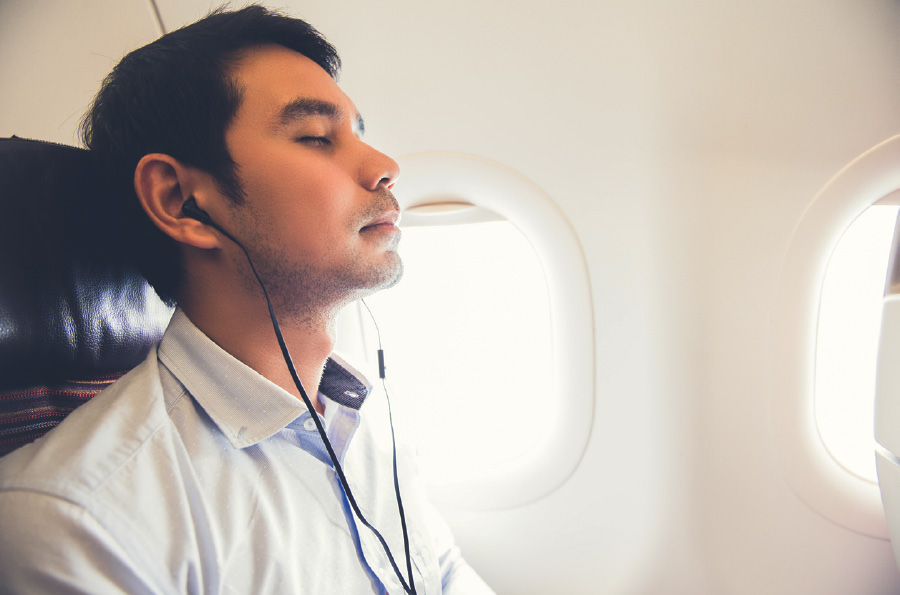 FILL EMPTY TIME
FILL EMPTY TIMEWhen he's on the plane, train, or in a car for an extended period of time, Shute takes advantage of those unoccupied minutes by using meditation-related apps such as the free Insight Timer (insighttimer.com). “They have over 15,000 teachers, and each one brings a different style and quality to their approach,” says Shute. “There's enough variety to find something that will be suitable for everyone.” For really long hauls, such as his 20-plus hour flights to India, for example, he often likes to have a mantra meditation playing quietly in the background. “My favorite is the HU app from Eckankar (eckankar.org/experience/hu-the-sound-of-soul/app/). It's very soothing.” Other popular mediation apps include Headspace, Calm, and Healthy Minds Meditation. These and Shute's recommendations are available at either the Google Play Store or the Apple App Store. 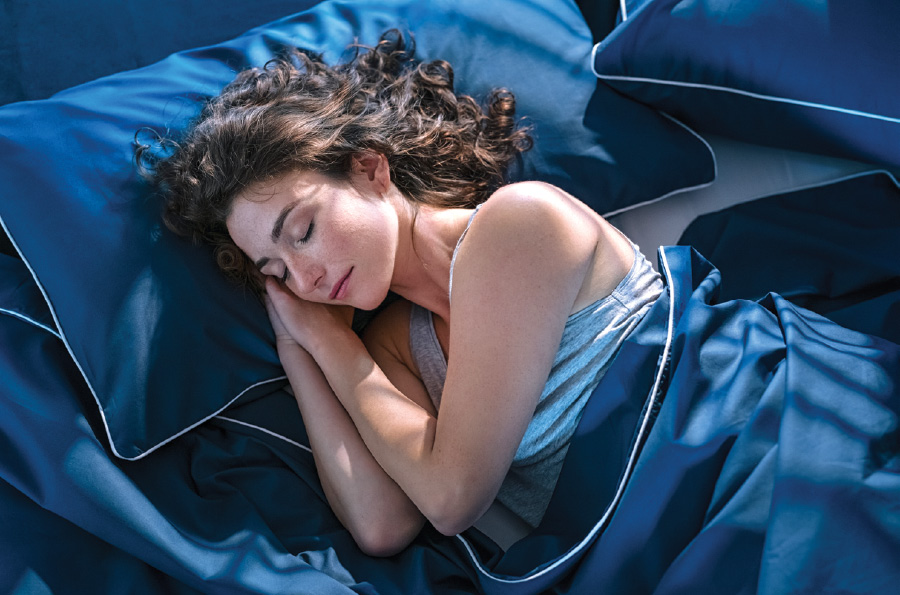 MAKE BEDTIME YOUR QUIET TIME
MAKE BEDTIME YOUR QUIET TIMERoutine is hard to maintain when we travel. “I like to create as much routine as possible,” says Shute. It starts with acknowledging that sleep is important, and committing to making it as restful as we can. With this intention in mind, Shute suggests we take some time to make an effort to relax and decompress with meditation before plopping our tired bodies into bed. Whether it's a few minutes or 20 minutes, it's a practice that naturally soothes our nervous systems and provides a better chance of getting some truly restful rest.
|
|
|
||||||||||||||||||||||||||||
|
|
||||||||||||||||||||||||||||
|
TOPICS Measurement & Budgeting Planning & Execution Marketing & Promotion Events & Venues Personal & Career Exhibits & Experiences International Exhibiting Resources for Rookies Research & Resources |
MAGAZINE Subscribe Today! Renew Subscription Update Address Digital Downloads Newsletters Advertise |
FIND IT Exhibit Producers Products & Services All Companies Get Listed |
EXHIBITORLIVE Sessions Exhibit Hall Exhibit at the Show Registration |
ETRAK Sessions Certification F.A.Q. Registration |
EDUCATION WEEK Overview Sessions Hotel Registration |
CERTIFICATION The Program Steps to Certification Faculty and Staff Enroll in CTSM Submit Quiz Answers My CTSM |
AWARDS Exhibit Design Awards Portable/Modular Awards Corporate Event Awards Centers of Excellence |
NEWS Associations/Press Awards Company News International New Products People Shows & Events Venues & Destinations EXHIBITOR News |
||||||||||||||||||||
|
||||||||||||||||||||||||||||



